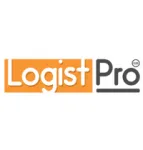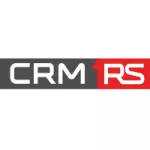Innovative and advanced automation systems are revolutionizing today's business processes. They offer an advanced level of control, optimization and management that was previously unavailable. In this review, we'll take a look at popular business automation systems, evaluate their capabilities, and help you determine which system is right for your business.
1. S2B Group
Logistics and transportation have a huge impact on the functioning of any business. S2B Group offers a comprehensive solution in this area, connecting all links of the supply chain - from goods dealers to the fuel and energy complex.
The advantages of this system include: budget savings, the ability to work with a large base of proven carriers, the ability to participate in tenders and get regular loads of vehicles. This ensures maximum efficiency of delivery processes and helps optimize logistics costs.
2. SalesForce
SalesForce has long established itself as one of the world's leading sales force automation systems. It is applicable to businesses of all sizes, from small to large.
Key benefits of SalesForce include sales automation capabilities, customer relationship management (CRM), analytics, and custom business applications. In addition, SalesForce offers extensive integration capabilities with other business systems.
3. Zoho
Zoho is an all-in-one business automation system that includes not only CRM and sales management tools, but also tools for project management, finance, accounting, and more.
Zoho's key benefits include versatility, flexibility, and affordability. It is a great choice for small and medium-sized businesses that want to automate as many business processes as possible for minimal cost.
4. HubSpot
HubSpot offers advanced tools for marketing automation, customer relationship management and sales. The main advantages are flexibility, affordability, ease of use and integration with many other systems.
5. SAP
SAP is one of the market leaders in business automation systems. SAP offers advanced tools to automate and optimize business operations, including financial management, supply chain management, process management, customer management, and more.
In conclusion, choosing an automation system depends largely on your business needs, budget, and the capabilities you are looking for. All of the systems discussed have their unique features and can serve as an effective tool for optimizing and improving the efficiency of business processes.






